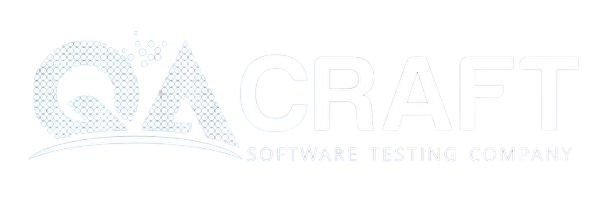Building a Strong Automation Tester Resume: Success Strategies.
Automation testing is important to ensure the effectiveness and dependability of programs in the dynamic field of software development. Your CV becomes the employer’s first point of contact when you apply for jobs as an automation tester. It is necessary to become an expert at creating an impressive automation tester resume if you want to stand out in a competitive employment market. This blog will walk you through the most important components, present technical proficiency strategies, highlight the value of quantifying achievement, explore the connection between hard and soft skills, and offer suggestions on how to personalize your resume for success.
Important Aspects of Automation Tester Resume
- Information of Contact:
Start with a clear and concise header, highlighting your name, contact information your complete name, contact information (phone and email), and LinkedIn profile
- Professional Summary:
Captivating professional summary. This is a summary of your introduction, so highlight your educational background, years of experience, and most importantly skills. And a brief description of your profession, describing your experience, talents, and career dreams.
- Technical Skills:
A complete list of the tools, programming Languages, and frameworks you are an expert in.
- Work Experience:
List your achievements in reverse chronological order, emphasizing measurable contributions and the impact you created; create sections for job experience, education, and certifications with clear details of your professional background, focusing on relevant Automation Testing roles.
- Education:
Mention your educational expertise, especially those connected to software development and testing.
- Certifications:
Mention any certificates that illustrate your expertise. Include a link to your online portfolio or relevant projects, demonstrating your work in action.

Focusing Technical expertise:
Tools, Languages, and Frameworks it is List the programming languages you’re fluent in automation. Set aside a section to highlight your technical skills. Enumerate the programming languages you know well (Python, Java) and the automation frameworks you have mastered (Selenium, Cypress). Do not just list these things; use keywords like “created reusable test scripts” or “automated regression testing for a critical system.” Keep in mind that recruiters utilize applicant tracking systems, so make sure your keywords are optimized for maximum exposure.
Evaluating Achievement: Relevant Work Experience.
Track your achievements instead of just listing your responsibilities, quantify your achievements. For example, did you automate 50% of regression testing, saving 200 hours of manual work? Did your automated scripts find a critical bug that saved the company millions of dollars? Metrics help illustrate your value and impact.
How to Manage the Human Aspect When Balancing Technical and Soft Skills.
Even while automation is mostly focused on logic and code, it is important to emphasize soft skills like problem-solving, communication, and teamwork.
Collaboration: Provide examples of how you worked with developers, QA teams, and other stakeholders.
Communication: Highlight your ability to explain complex technical concepts to stakeholders who are not technical.
Creating a Resume That Is Special to Every Opportunity.
In the job market, there is no one-size-fits-all solution. Examine each job description and modify your resume to highlight the relevant skills and keywords.
Customize Your Objective: Modify your professional summary to the particular requirements of the position.
Optimize Your Keywords: Use job description keywords to get past applicant tracking systems (ATS)
Draw Attention to Relevant Experience: Stress relevant experiences that are directly related to the job requirements.
